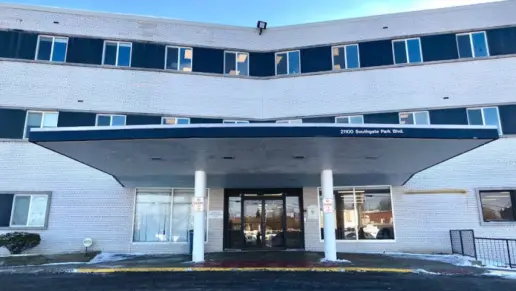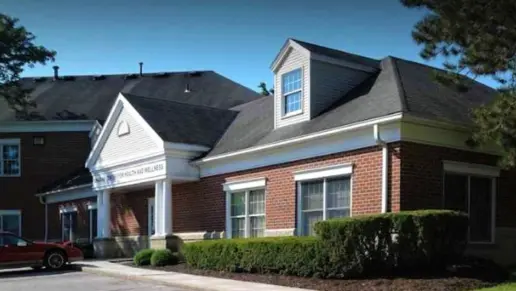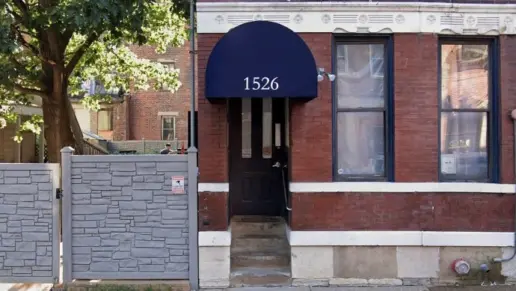About Alvis Inc.
Alvis House is a nonprofit agency in Columbus, OH offering research based reentry programs, substance abuse treatment, and recovery housing. The two main intensive outpatient programs are Amethyst, for women and their children, and Recovery Choices, for men and women. Specialized services are available for justice involved clients who are transitioning into their communities. Clients with hearing impairments may also receive services.
To treat participants in the intensive outpatient program, Alvis staff apply evidence based practices. The recovery program includes group therapy and individual goals. Housing is integrated into this program, with the expectation that residents will participate in the intensive outpatient program.
Amethyst is an addiction recovery program for women and women with children. Services include intensive outpatient addiction treatment, medical services, trauma treatment, supportive housing, job readiness, and family services. The goal is to empower women to build healthy relationships, gain financial stability, and secure permanent housing. These steps are key components to the long term recovery process.
Recovery Choices is offered to men and women who need treatment for alcohol or drug use disorders. The cognitive behavioral treatment program includes skills practice sessions designed to promote recovery. Services include group counseling, individual counseling, cognitive behavioral therapy, and medication assisted treatment, such as naltrexone, Suboxone, Subutex, Sublocade, and Vivitrol, to prevent relapse.
A critical part of the Alvis programming is aftercare. Support and follow up are provided to help program participants apply the concepts learned during treatment and maintain long term sobriety.
Alvis offers a full range of services for individuals transitioning from a correctional facility setting. Participants receive guidance for connecting with family and navigating employment challenges. Individuals in this program participate in treatment while working, doing community service, and attending school. Treatment includes chemical dependency treatment, case management, housing assistance, and workforce development.
Alvis is accredited by the Commission on Accreditation of Rehabilitation Facilities (CARF).
Alvis House offers self pay and financing options. The center may be in network with Aetna, Beacon, BlueCross/BlueShield, Cigna, Humana, Optum, and Wellpoint. Please check with your provider for coverage for out of network benefits information.
Latest Reviews
Rehab Score
Gallery
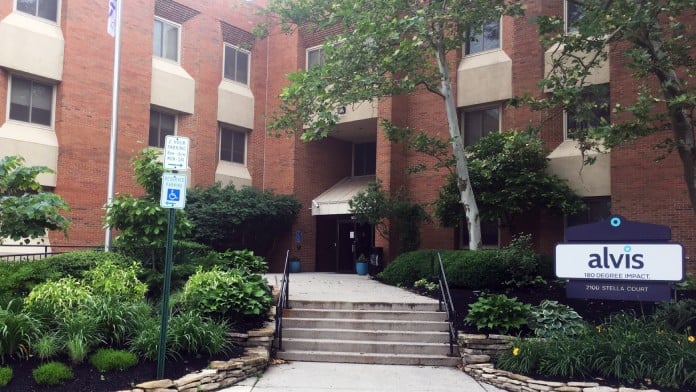
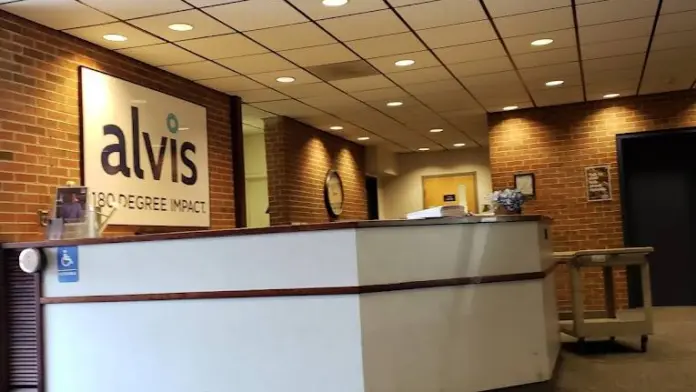
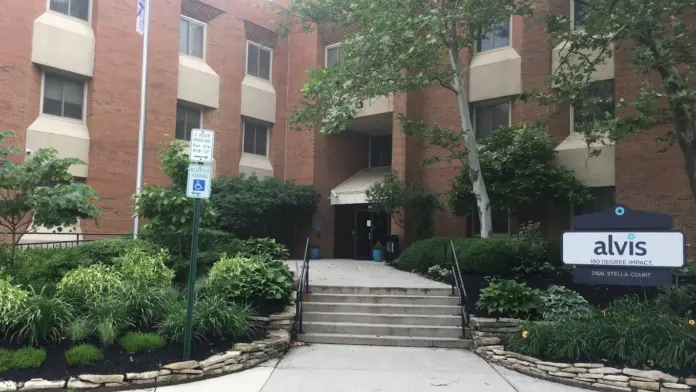
Location
Accepted Insurance
Other Forms of Payment
Private insurance refers to any kind of healthcare coverage that isn't from the state or federal government. This includes individual and family plans offered by an employer or purchased from the Insurance Marketplace. Every plan will have different requirements and out of pocket costs so be sure to get the full details before you start treatment.
Self-pay involves paying for treatment out of your own pocket. You can use savings or credit, get a personal loan, or receive help from family and friends to fund your treatment. If you don't have insurance or your insurance plan doesn't cover a specific program, self-pay can help ensure you still get the care you need.
Medicaid is a state based program that helps lower-income individuals and families pay for healthcare. Medicaid covers addiction treatment so those enrolled can use their coverage to pay for rehab. When a program accepts Medicaid the client often pays very little or nothing out of their own pocket.
Medicare is a federal program that provides health insurance for those 65 and older. It also serves people under 65 with chronic and disabling health challenges. To use Medicare for addiction treatment you need to find a program that accepts Medicare and is in network with your plan. Out of pocket costs and preauthorization requirements vary, so always check with your provider.
Addiction Treatments
Levels of Care
Treatments
The goal of treatment for alcoholism is abstinence. Those with poor social support, poor motivation, or psychiatric disorders tend to relapse within a few years of treatment. For these people, success is measured by longer periods of abstinence, reduced use of alcohol, better health, and improved social functioning. Recovery and Maintenance are usually based on 12 step programs and AA meetings.
Drug rehab in Ohio provides comprehensive treatment to address the physical and psychological needs of those struggling with substance use disorders. This may involve inpatient and/or outpatient care.
Many of those suffering from addiction also suffer from mental or emotional illnesses like schizophrenia, bipolar disorder, depression, or anxiety disorders. Rehab and other substance abuse facilities treating those with a dual diagnosis or co-occurring disorder administer psychiatric treatment to address the person's mental health issue in addition to drug and alcohol rehabilitation.
Opioid rehabs specialize in supporting those recovering from opioid addiction. They treat those suffering from addiction to illegal opioids like heroin, as well as prescription drugs like oxycodone. These centers typically combine both physical as well as mental and emotional support to help stop addiction. Physical support often includes medical detox and subsequent medical support (including medication), and mental support includes in-depth therapy to address the underlying causes of addiction.
They find that people can't change their behavior without also changing their thinking. And for many, that includes addiction to alcohol and drugs. The Alvis Recovery Choices is a cognitive-behavioral treatment program with skills practice sessions that give our clients the tools they need to improve their decision-making skills, enhance coping abilities and build healthier drug- and alcohol-free lives.
Programs



Clinical Services
Cognitive Behavioral Therapy (CBT) is a therapy modality that focuses on the relationship between one's thoughts, feelings, and behaviors. It is used to establish and allow for healthy responses to thoughts and feelings (instead of unhealthy responses, like using drugs or alcohol). CBT has been proven effective for recovering addicts of all kinds, and is used to strengthen a patient's own self-awareness and ability to self-regulate. CBT allows individuals to monitor their own emotional state, become more adept at communicating with others, and manage stress without needing to engage in substance abuse.
The main goals of dialectical behavior therapy are to teach you how to regulate your emotions, develop positive ways to cope with stress, improve your relationships, and live in the moment. This therapy lasts about six months and involves weekly individual and group sessions.
Group therapy is any therapeutic work that happens in a group (not one-on-one). There are a number of different group therapy modalities, including support groups, experiential therapy, psycho-education, and more. Group therapy involves treatment as well as processing interaction between group members.
In individual therapy, a patient meets one-on-one with a trained psychologist or counselor. Therapy is a pivotal part of effective substance abuse treatment, as it often covers root causes of addiction, including challenges faced by the patient in their social, family, and work/school life.
Therapists who apply motivational interviewing in Ohio don't try to confront clients or force advice onto them. Instead, they listen and come alongside clients to help them explore why and how they might decide to make changes for themselves.
Trauma therapy addresses traumatic incidents from a client's past that are likely affecting their present-day experience. Trauma is often one of the primary triggers and potential causes of addiction, and can stem from child sexual abuse, domestic violence, having a parent with a mental illness, losing one or both parents at a young age, teenage or adult sexual assault, or any number of other factors. The purpose of trauma therapy is to allow a patient to process trauma and move through and past it, with the help of trained and compassionate mental health professionals.
Some couples therapy in Ohio is designed as short term treatment to address a specific problem in the relationship, such as anxiety, depression, or addiction. Other couples therapy may focus on general strengthening of the relationship by improving interactions.
Alvis is very proud to be a leader in providing family-focused programming designed to break the cycle of family trauma. Their Family & Children's Program strengthens families through educational classes and hands-on practice to improve parenting skills, enhance coping abilities and build healthier relationships. In addition, family activities provide clients and their children the chance to spend time together in a healthy environment that encourages communication and strengthens family bonds.
For their clients, another key to keeping on track is having meaningful employment that provides a paycheck and a long-term career path. To help them achieve both and overcome barriers to financial stability, the Alvis Community Reentry Center provides job readiness training, skills training, case management, budgeting, GED classes, and related support services. The workforce development training/HIRE (Help In Reentry Employment education) is designed to address barriers created by an individual’s criminal justice involvement. he HIRE education class covers a range of topics, including interview skills, resume writing and job retention, and serves as a support group for participants.
Amenities
-
Residential Setting
-
Private Setting
Staff & Accreditations
Staff
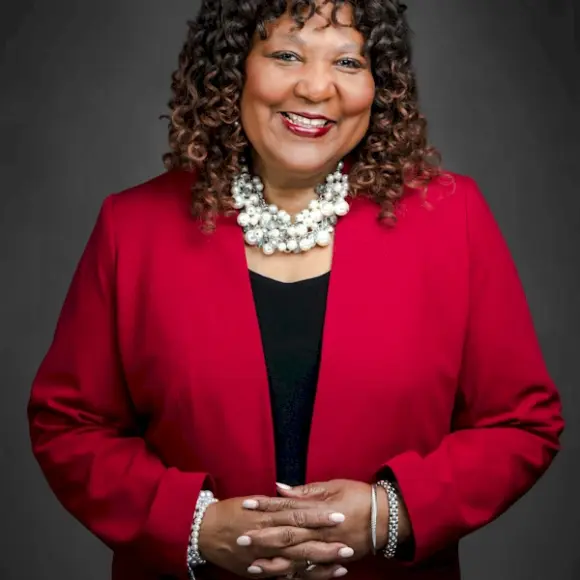
President & CEO
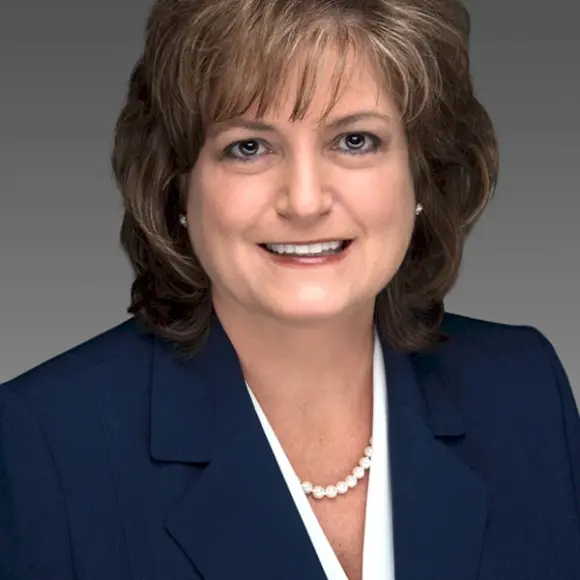
COO
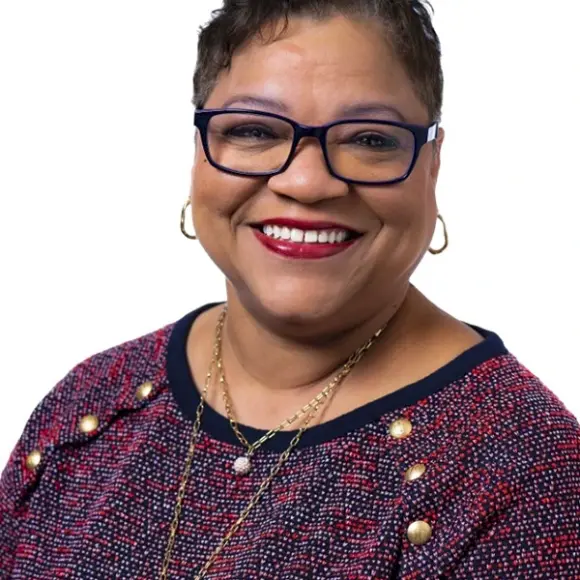
Chief Human Resources Officer

Chair

Vice Chair
Accreditations

The Commission on Accreditation of Rehabilitation Facilities (CARF) is a non-profit organization that specifically accredits rehab organizations. Founded in 1966, CARF's, mission is to help service providers like rehab facilities maintain high standards of care.
CARF Accreditation: Yes
Contact Information
2100 Stella Court
Columbus, OH 43215





